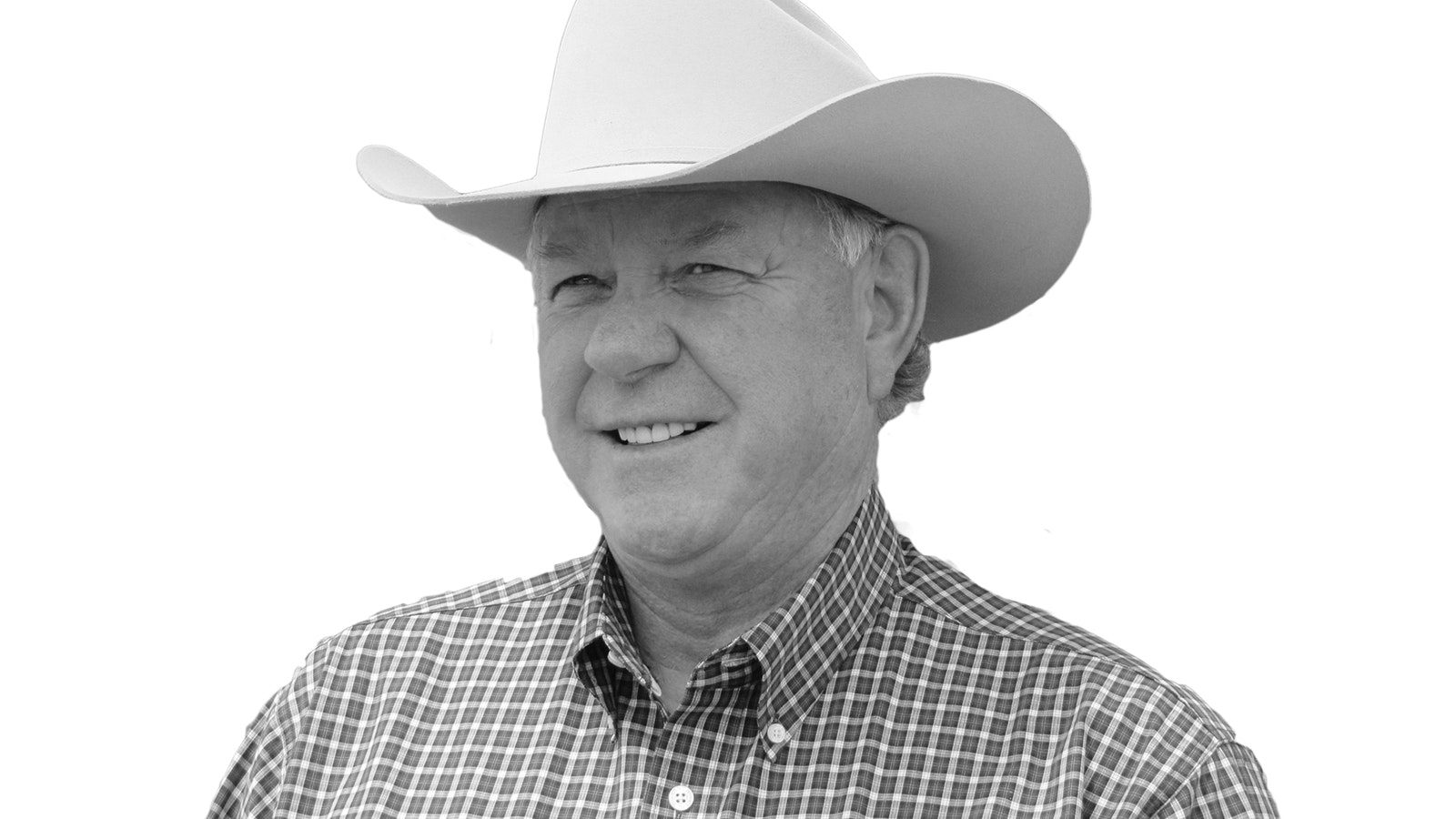The Endangered Species Act (ESA) is 50 years old and is possibly one of the most controversial acts ever passed.
In 1973, the ESA passed in the U.S. House and U.S. Senate by a large majority and was signed by President Nixon.
As the act reads, it “authorized the U.S. Fish and Wildlife Service and the National Marine Fisheries Service to establish a list of endangered and threatened plant and animal species and made it illegal to collect, harm or kill certain species.”
It also “required federal agencies to ensure any actions they authorize would not jeopardize the continued existence of listed species or result in the destruction or modification of habitats deemed critical for those species.”
Additionally, the ESA required agencies to develop and implement recovery plans for listed species.
The ESA impacted states by limiting their power – it gave them a seat at the table but not the power to veto. It was a top-down approach which didn’t give states much authority. Some say it was all stick and no carrots, which turned out to harm some of those involved.
Of the nearly 1,663 plants and animals placed on the endangered and threatened list, around 100 have gone extinct and only 54 have been declared recovered and delisted. In over 50 years of existence, the ESA has only resulted in the recovery of three percent of species, which is not a very good track record.
This is the problem with having a big stick and no carrots.
Although there have been a number of plants and animals recovered, they have not been delisted. An example of this in our region is the grizzly bear. For instance, the number of bears recovered is very high, but agencies still want it on the list and this is hurting agriculture.
The ESA says plants and animals will be recovered at all costs, giving local economies no say in the act.
As we know, there are people who wish to have all agriculture – especially cattle and sheep – removed from federal lands and some private lands as well. As written, the ESA gives them a leg up on accomplishing just that.
Proof of this is in the hearings held on bringing wolves back to Yellowstone. Ranchers repeatedly asked how many wolves those in support of the action wanted, but no one could come up with a number on the record.
However, off the record, some said it would be as many as they could get, and this is evident today in what is currently happening in Wyoming and Colorado.
Today, ESA is ruled by interpretations of the law instead of the law itself, and it opens the door to politics. Each U.S. president handles the law differently.
The ESA has the right to say how a listed or threatened plant or animal’s habitat will be managed without much input from the landowner. I guess this is where the saying associated with ESA – “shoot, shovel and shut up” – came from.
Thank God it is more of a saying of emotions than what actually happens.
Since agriculture mainly exists in rural settings, the West seems to take the brunt of the ESA when they declare private lands as “critical habitat.” It can make it tough on ranching or farming, and it seems the more one looks, the more threatened species they’ll find.
It is always better to act with knowledge instead of irrational emotions.
Dennis Sun is the publisher of the Wyoming Livestock Roundup, a weekly agriculture newspaper available online and in print. To subscribe, visit wylr.net.





